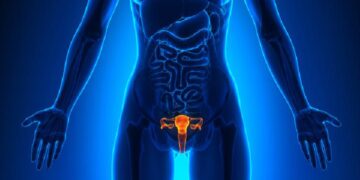3 time periods to lose weight twice the effect
As for people who are not overweight at all, it is even more difficult to lose weight, because the weight of people who are not overweight is mostly lean tissue, and energy is also maintained in a state of balance between the basic calories required for daily physiological activities and the amount consumed. When the human body is active, most of the calories to be consumed will be burned from carbohydrates, i.e., sugars, before fat and protein, which are less likely than fat to be used as fuel for human calories. For people who are not overweight, it is not easy to lose weight because the percentage of fat in the body is not high, and it may also cause underweight and affect health.
Do some exercise before dinner.
People usually eat a little more for dinner to comfort the day’s hard work; plus, there is often a long time between Chinese food and dinner, and under the instigation of hunger, they will also eat more. After dinner, most people will sit down to watch TV, and after watching it, take a shower and go to bed. The result is that almost all of the food eaten in the physiological activity of low caloric consumption is turned into weight storage, so long-term, not fat!
Here we suggest that the first thing you do when you get home from work is to do some moderate exercise before eating, so you can adjust your appetite. If you are a bus people, you can also get off the bus one or two stops earlier, and then walk home in a brisk manner, so you can also achieve the purpose of moderate exercise.
The pulse rate should be about 70 percent of the maximum pulse rate for 10 to 15 minutes. “Brisk walking” is the best exercise before meals.
Have a snack at 3:30 p.m.
In order to avoid fainting due to low blood sugar when exercising before meals, you should eat a snack (about 150 to 250 calories) around 3:30 p.m. every day.
Exercise before bed can accelerate weight loss
Why can exercise before going to bed produce good results? This is because the calorie burning effect of exercise does not return to the amount of calories consumed when the exercise is over. Generally speaking, the caloric expenditure in the hours following exercise is several to several dozen calories per hour higher than before exercise. Imagine if you exercise for 30 minutes two hours after dinner, take a shower, and then go to bed, you’re still losing weight even when you sleep. What a wonderful thing!





































